After Russia annexed Crimea in March 2014 EU and the USA implemented sanctions against Russia restricting its access to capital markets. This, combined with high demand for dollars and euros and a fall in oil prices caused the exchange rate to fluctuate from 34 rubles to a dollar in August to almost 80 in December. The exchange rate has since stabilized at a rate of about 50 rubles to a dollar which still leaves those who receive a salary in rubles with 50% of their previous purchasing power when abroad.
We asked Russians living in Europe whose income is in rubles the currency crisis affected them personally. We found that adjusting to the new reality was difficult for those paid in the Russian currency: some people had to revise their budget, others began to drop Russian clients and focus on those who could pay in more stable currencies, and many postponed plans to move to Europe. Below are accounts from the Russians we spoke to about living abroad during the crisis.
Julia Malkova, Founder of Trippoint (a Travel blog), has been living in Italy for 2 years:
“The first time I really felt the ruble’s fall was in March 2014 when the Euro exchange rate exceeded 50 rubles. Before then it was easy to live and travel with a salary of 85,000 rubles a month (In Italy the average monthly salary is approximately 1500 euros and until March 2014 Julia’s salary was equivalent to 1700 euros). Internal bank rates also differ dramatically from official rates, often by as much as 7-10 rubles and this bit into my Russian salary even more. We began to panic when the exchange rate climbed above 70 and didn’t know what to do.
It is difficult to find a good job in Italy, even for locals, many of whom have been unemployed for years. I have many Italian friends who were looking for a position as an economist or engineer for two or three years while working as waiters or bartenders. I quickly realized that it would be impossible for me to find a job in Italy so I decided to cut back on expenses. I started writing all my expenses and keeping track of my accounts in a notebook. We started to go to cheaper cafes and to buy food and household chemicals on sale. We also began to just put on a warm sweater and wool socks instead of turning on the heater in the winter, like we used to do.
In addition, we started to rent out our apartment while we are on holiday. We did so occasionally before the crisis, but now try to do it every time. This doesn’t make us any profit but it does allow us to cover our expenses. For example, if we are going to travel for two weeks we rent out our apartment for 300 euros, because we pay 600 euro for it per month
The positive in this situation is that I have become more European in the way I look at money. In Moscow people tend to spend money without thought and this period of austerity has allowed me to break myself of these habits. In addition to this myself and my business partners have resorted to conducting all business transfers in euros to ensure stability in our transactions.
And finally, an anecdote – and this is hilarious to me. When the rate exceeded 100 rubles per euro, Russians started buying TVs and iPhones (because they felt that these were a safer investment than cash during the crash). This story was a hit on Italian TV and now Italians are confident that only very rich people live Russia. They don’t understand why people would spend money on such items during a crisis.”
Julia Donchenko, a German and English language teacher, has been living in Bonn (Germany) for 2 years:
“I am currently working and studying in Bonn, but I continue to work for Russian clients as a teacher of German and English via Skype and as a project manager for the Center for German Language and Culture in Rostov-on-Don, a partner of the Goethe-Institute. The ratio of my income in rubles and my expenses in euros wasnever favorable (I’ve been here since 2013) due to expensive health insurance (as I am over 30, I pay 120 euros a month), and student fees. But it is possible to buy food for 40-50 euros per week and rent is not expensive because there are many options due to Germany’s efficient system of public transportation. Due to the collapse of the ruble I gave up on considering living in Germany on a ruble salary so now I am lookingg for work in a German company. At first, when I didn’t have a job here, I could cover more than half of my expense with my Russian salary but now it can only cover the occasional ticket home. A friend of mine lives here as well and has a 9000 ruble scholarship from our government. With this amount she can buy groceries three timesa month? . So now we regard income from Russia as a nice addition, but nothing to live on”.
Anonymous, Owner of Real Estate in Portugal:
“Life obviously has changed, because now we have only half of what we used to have. Europe is a destination where people usually come to earn money or to study. Students struggle, but moreover – their parents, who earn money in Russia and have only rubles to pay for their children’s education in Europe. Now, many families are putting off paying for next year because the current term has already been paid for, and they hope that something will change. If not – they will have to decide whether the families can afford to continue paying for a European education.
The ruble collapse also affected me causing us to change our plans to move to Europe. We had a plan to come to Portugal for a year to learn the language and travel around the country. We rent out our apartment in Moscow and before it would have covered our travel costs. However we have now decided to rent out our apartment in Portugal and remain in Moscow learning Portuguese here because it makes more sense financially. Now is a good time to study in Russia, especially if you have income in Euros”.

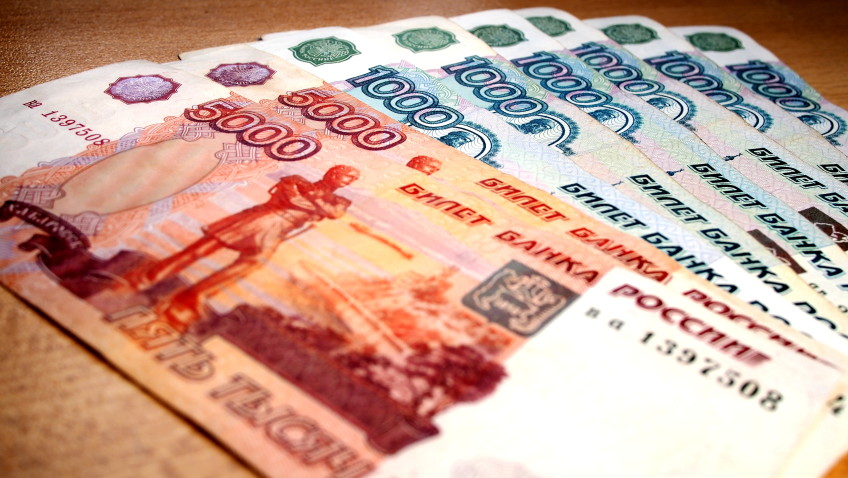

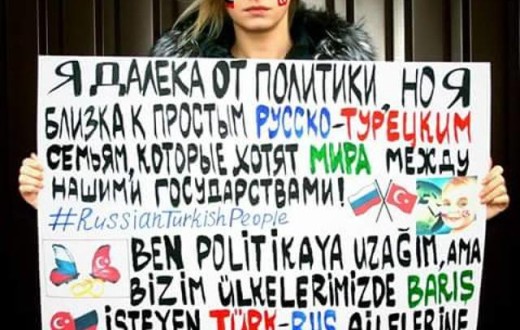
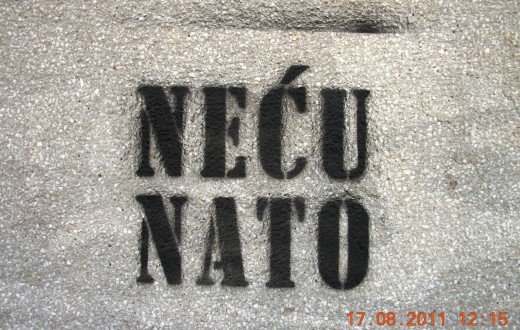
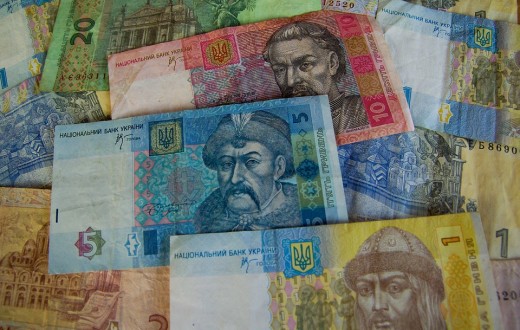
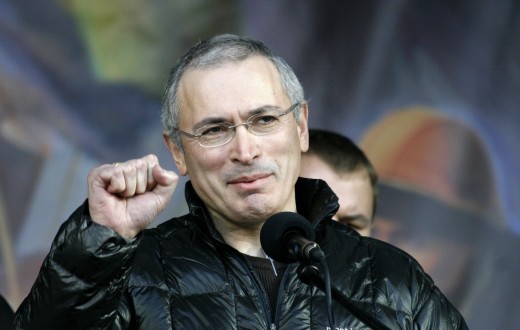
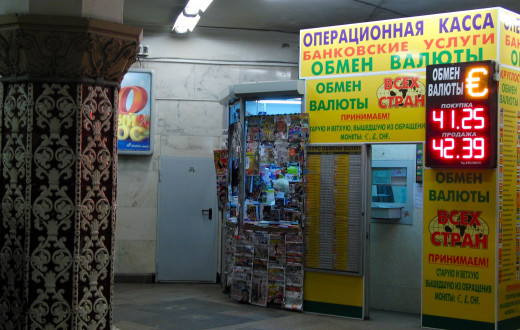
0 comments